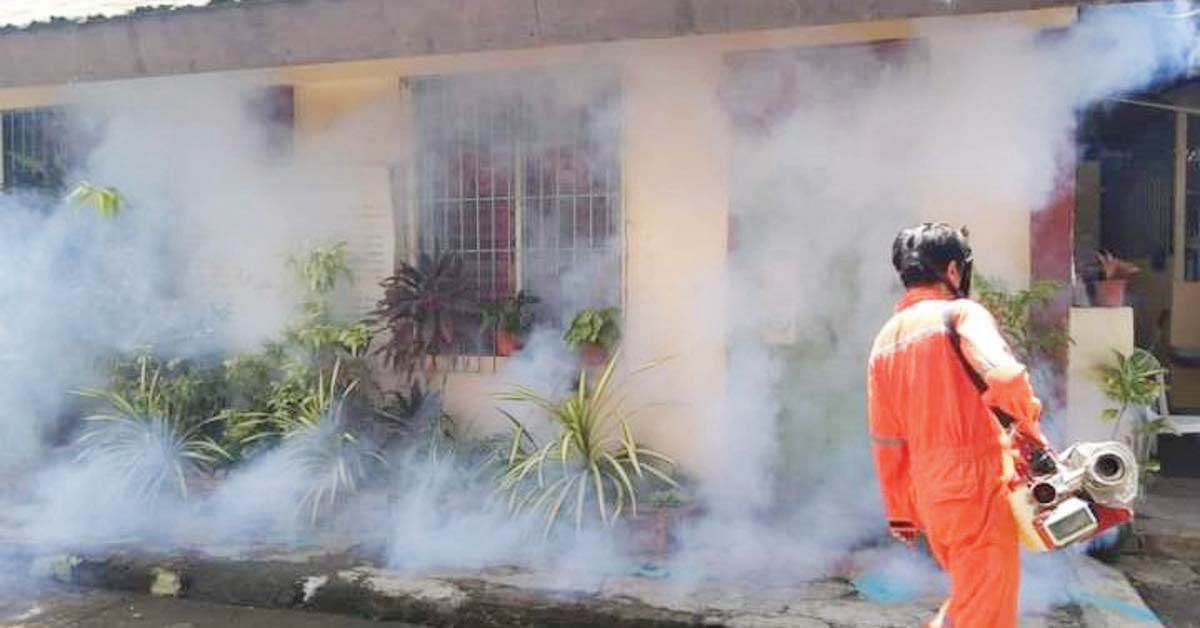
Bacolod City recorded a total of 124 dengue cases as of February 8, data from the City Health Office (CHO) showed yesterday.
This is 96.8 percent higher than the 63 cases recorded in the same period last year, data revealed.
The CHO recorded no fatalities due to dengue within the period.
Barangay Mansilingan logged the highest number of dengue cases with 12.
It is followed by Barangay Tangub with 11, while Barangays Alijis, Singcang and Villamonte recorded 10 cases each.
Local health officials continue to remind the residents to implement the 4S strategy against dengue, which includes:
* Search and destroy mosquito-breeding grounds by eliminating stagnant water and containers
* Self-protection measures like applying insect repellent and wearing long-sleeved shirts and long pants
* Seek early consultation with a doctor or health worker for any symptoms
* Support fogging or spraying in local hotspot or outbreak areas where an increase in cases is registered
Dengue is spread by the Aedes aegypti and Aedes albopictus mosquitoes, and causes a severe flu-like illness that can sometimes be fatal.
One of the most common symptoms of dengue is a sudden high-grade fever that may reach approximately 40 degrees Celsius, the Department of Health (DOH) said.
Symptoms start four to 10 days after exposure to a mosquito bite, with most cases getting better in one to two weeks.
The DOH said that once the fever subsides after four or five days, warning signs will appear — bleeding gums, rashes and color changes in the stool.
This is already considered an advanced stage because there is already bleeding inside the body, the DOH said.
Local health officials urge the residents to stay vigilant and take preventive measures against dengue./WDJ
